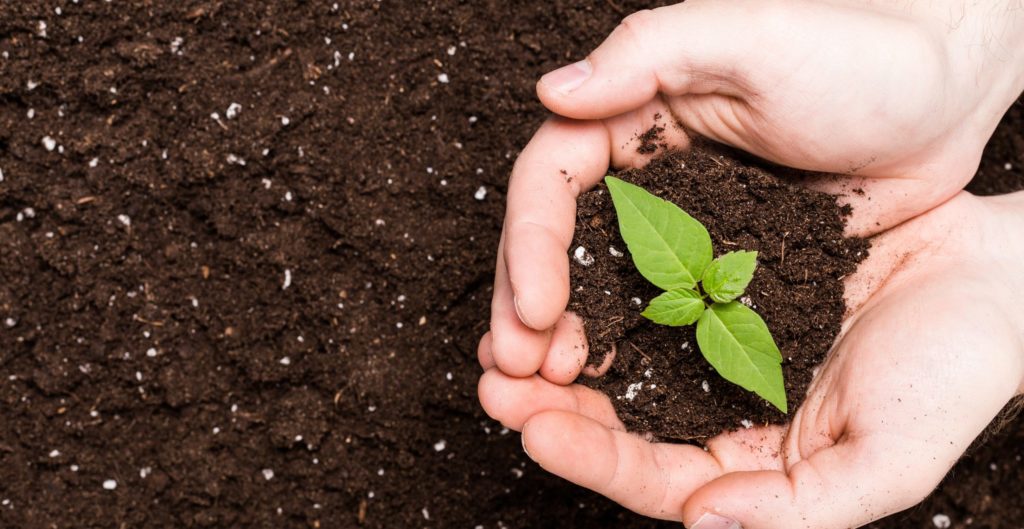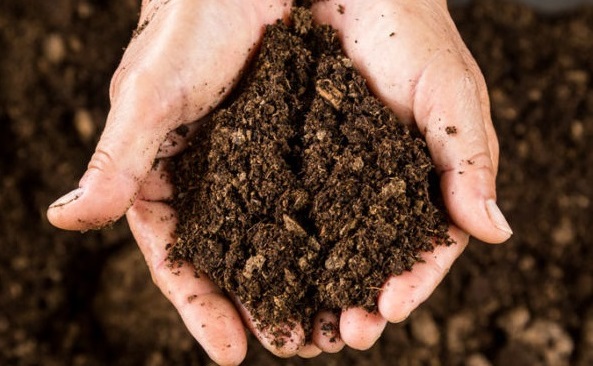

What is a compostable polymer?
In the very notion of “compostability”, time is a factor taken into consideration.
The bioplastics must undergo degradation through a biological process during composting, producing CO2, water, inorganic compounds and biomass, at a rate that is comparable to that of other known compostable materials, and generating no visible or recognisable toxic residue.
Did you know?
Biodegradable bioplastics are, therefore, not necessarily always compostable, but compostable bioplastics are, however, always biodegradable!
of households stated that they composted their organic waste according to a 2013 study conducted by the ADEME

Find out more
There are two types of composting regulated by precise standards:
- Household composting is regulated by standard NF T51800 with a 12-month biodegradation process; conducted by private individuals.
- Industrial composting is regulated by standard EN 13432 with a 6-month biodegradation process: most often implemented by communities.
According to European Standard NF EN 13432/NF T51-800 (Requirements for packaging recoverable through composting)
There are 4 main evaluation methods for biodegradation.

Analytical test
The characterisation of the packaging’s constituents (heavy metals, dry solids, volatile solids, etc.).

Physical test
The disintegration of the packaging into very small fragments (absence of visual pollution).

Biological test
The biodegradability of the significant organic constituents that make up the packaging.

Ecotoxicity test
The quality of the compost after the biological process of waste treatment.
The standards
The standard for industrial composting—NF EN 13432
- Temperature : ± 60°C
- Sample: end product
- Disintegration: <3 months with residual rate (<2mm)> 90%
- Aerobic biodegradation: up to 6 months
with a CO2 rate > 90% (C —> CO2)
The standard for household composting—NF T51-800
- Temperature : between 20 and 30 °C
- Sample: end product (thickness)
- Disintegration: <6 months with residual rate (<2mm)> 90%
- Aerobic biodegradation: up to 12 months
with a CO2 rate> 90% (C —> CO2)
